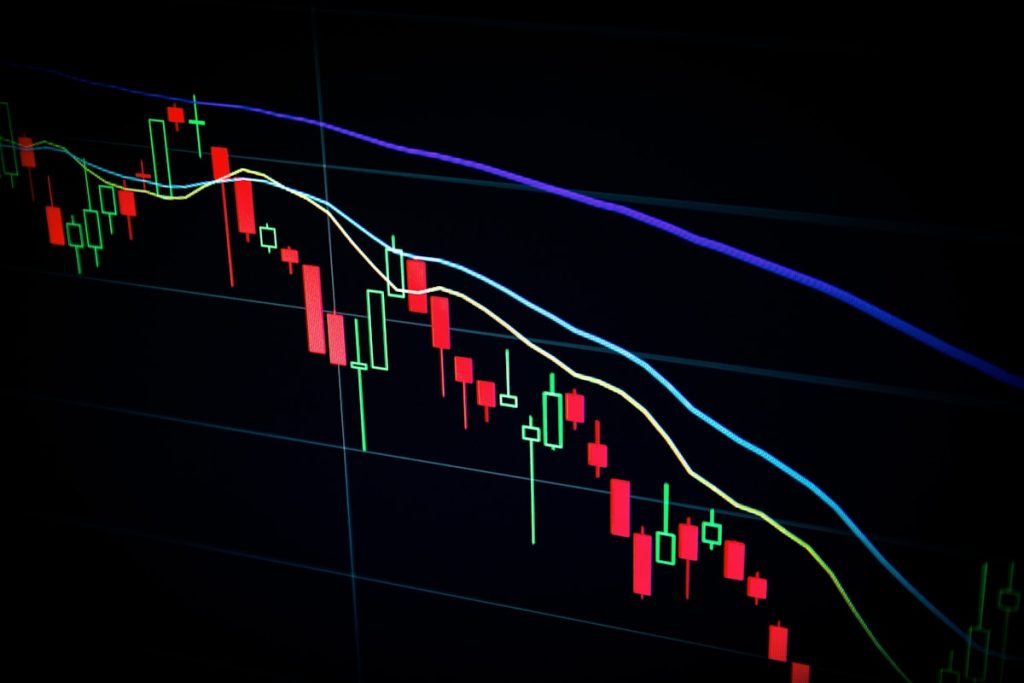Stocks Decline as Trade War Deadline Looms
Market Volatility Intensifies Ahead of Key Deadline
Global stock markets experienced sharp declines this week as investors braced for the impending deadline in the ongoing U.S.-China trade war. The S&P 500 fell 2.3%, while the Dow Jones Industrial Average dropped 1.8%, and the Nasdaq Composite slid 3.1% amid rising uncertainty. Analysts attribute the sell-off to fears that additional tariffs could take effect if negotiations fail to yield a breakthrough.
Key Factors Driving the Sell-Off
The December 15 deadline marks the date when the U.S. is set to impose 15% tariffs on approximately $160 billion of Chinese imports, including consumer electronics and apparel. China has threatened retaliatory measures, which could escalate tensions further. Market participants are concerned that renewed tariffs would:
- Disrupt global supply chains
- Reduce corporate profit margins
- Slow economic growth in both nations
Sector-Specific Impacts
Technology and manufacturing stocks bore the brunt of the losses. Companies reliant on Chinese production, such as Apple and semiconductor firms, saw shares tumble over 4%. Meanwhile, agricultural equities faced pressure due to China’s reduced purchases of U.S. soybeans and pork. The automotive sector also declined amid fears of higher component costs.
Investor Sentiment Shifts to Risk-Off Mode
Safe-haven assets rallied as equities retreated. Gold prices rose 1.5%, and 10-year U.S. Treasury yields fell to 1.75%, reflecting increased demand for bonds. The CBOE Volatility Index (VIX), often called Wall Street’s “fear gauge,” surged 25% to its highest level since October.
Global Markets React
Asian and European indices mirrored the downturn. China’s Shanghai Composite fell 1.9%, while Japan’s Nikkei 225 lost 2.1%. In Europe, Germany’s DAX and France’s CAC 40 dropped 1.7% and 1.4%, respectively. Emerging markets also weakened as trade-dependent economies like South Korea and Mexico faced currency pressures.
Potential Scenarios Post-Deadline
Market analysts outline three possible outcomes:
- Deal Reached: A partial agreement could trigger a relief rally, particularly in tech and industrials.
- Tariff Implementation: Escalation risks pushing markets into correction territory, with consumer discretionary stocks vulnerable.
- Delay: An extension of negotiations might sustain volatility but prevent steep losses.
Long-Term Implications for Investors
Beyond immediate reactions, the trade war’s persistence could reshape global trade dynamics. Companies may accelerate efforts to diversify supply chains away from China, while governments might prioritize domestic manufacturing. Investors are advised to monitor developments closely and consider hedging strategies to mitigate portfolio risks.
Conclusion
With the trade war deadline drawing near, markets remain hypersensitive to geopolitical headlines. While short-term volatility is likely to persist, the long-term economic impact will hinge on whether the U.S. and China can de-escalate tensions or settle into a protracted standoff. Investors should stay informed and maintain diversified holdings to navigate the uncertainty.



